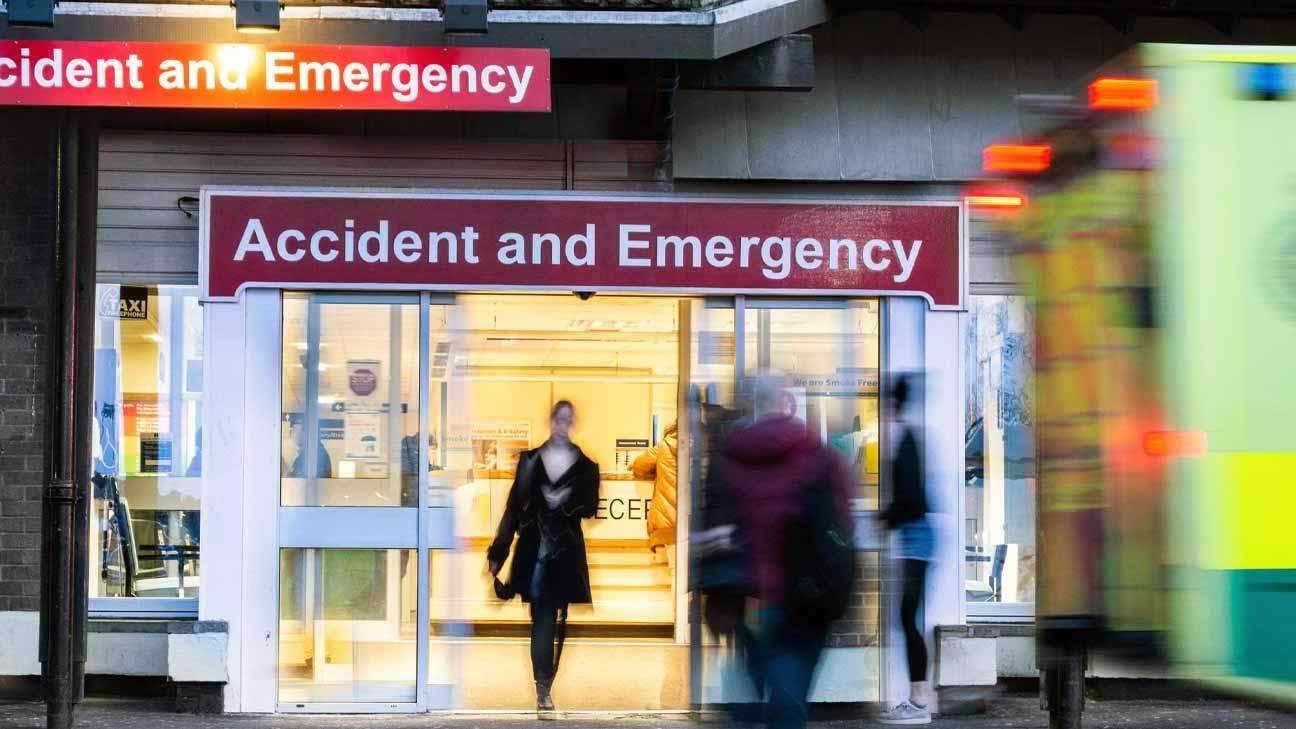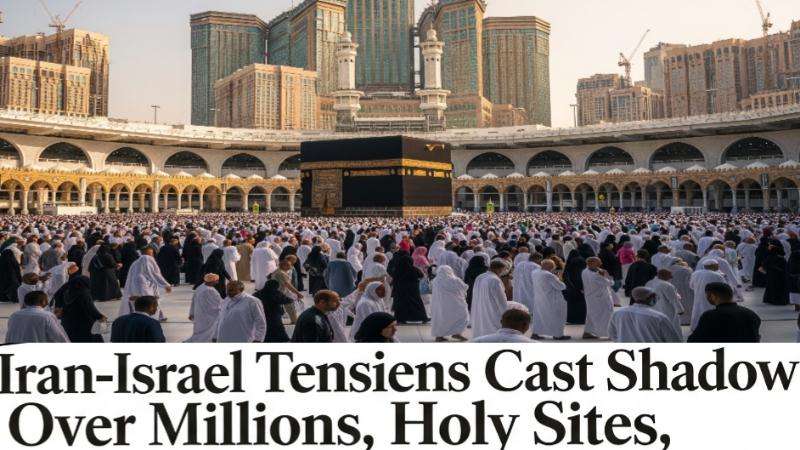The current escalation between Iran and Israel has sent ripples of apprehension throughout the Middle East, a region already accustomed to periods of intense volatility. For the global Muslim community, this burgeoning conflict stirs deep anxieties, not only for the stability of nations but for the profound spiritual significance of Islam's holiest sites – Makkah and Madina – situated in Saudi Arabia. The sanctity of these cities, revered by over 1.8 billion Muslims worldwide, means their security is a paramount concern that transcends national boundaries, igniting a collective sense of worry and prayer.
The Kingdom of Saudi Arabia, a pivotal regional power and the revered custodian of the Two Holy Mosques, is navigating this precarious landscape with a clear emphasis on de-escalation. While publicly condemning Israeli actions and urging restraint, Riyadh is actively working to prevent the conflict from spiraling into a broader regional conflagration. Statements from Saudi officials have notably shifted, describing Iran as a "brotherly" nation despite historical rivalries, a testament to the Kingdom's commitment to regional stability. Furthermore, Saudi Arabia has unequivocally declared that no warring party will be permitted to use its airspace, land, or waters for military operations, underscoring a strategic neutrality aimed at calming the tempest.
The emotional toll on Muslim populations across the globe is immense. Beyond the immediate geopolitical ramifications, there is a pervasive fear that any major conflict could disrupt the spiritual journey of pilgrimage (Hajj and Umrah) to Makkah and Madina. The thought of these sacred spaces being even indirectly impacted by hostilities resonates deeply, intensifying the collective prayers for peace and the preservation of Islamic heritage. The conflict also threatens to deepen existing divisions within the Muslim world, even as many yearn for unity and solidarity in these trying times.
However, the anxieties extend far beyond religious and geopolitical concerns. The stability of the Middle East is intrinsically linked to the economic well-being of millions, including a vast number of foreign workers. For Bangladesh, in particular, the situation presents a significant human and economic risk. Approximately 8 million Bangladeshis are estimated to be working in various Middle Eastern countries, with substantial populations in Saudi Arabia (around 2.5 million), the UAE (over 1 million), Oman, Qatar, and Kuwait. These expatriates are the backbone of Bangladesh's economy, sending home billions in remittances annually – a crucial pillar supporting the nation's foreign exchange reserves and countless families.
A widespread conflict in the region would have catastrophic consequences for these Bangladeshi workers. Industries like construction, services, and hospitality, where many are employed, would likely face severe downturns or even shutdowns. This could lead to mass job losses, forcing millions to return home, potentially without their savings or the ability to support their families. The flow of remittances, vital for Bangladesh's economy, would be severely impacted, putting immense pressure on foreign currency reserves and exacerbating inflation back home. The disruption of global supply chains, including oil and gas, would also drive up costs, further straining Bangladesh's import-dependent economy.
Saudi Arabia's diligent diplomatic efforts are therefore seen as a beacon of hope, not only for regional peace but also for the livelihoods of millions like those from Bangladesh. By engaging with regional and international partners, pushing for a ceasefire, and exploring diplomatic avenues, the Kingdom seeks to avert a wider catastrophe. Crown Prince Mohammed bin Salman's reported condolences to Iran and condemnation of the war as a threat to Iran's sovereignty reflect a sophisticated foreign policy aimed at balancing national interests with broader Islamic solidarity and regional stability.
As the situation remains delicately poised, the world watches the Middle East with bated breath. For the global Muslim community, and particularly for the millions of Bangladeshi expatriates whose lives and livelihoods are intertwined with the region's peace, the urgency for de-escalation and a lasting resolution has never been more profound. The preservation of Makkah and Madina, alongside the well-being of all communities dependent on a stable Middle East, remains the fervent hope and prayer of millions.








.svg)


_1.jpg)
_2.jpg)
_3.jpg)
_3.jpg)